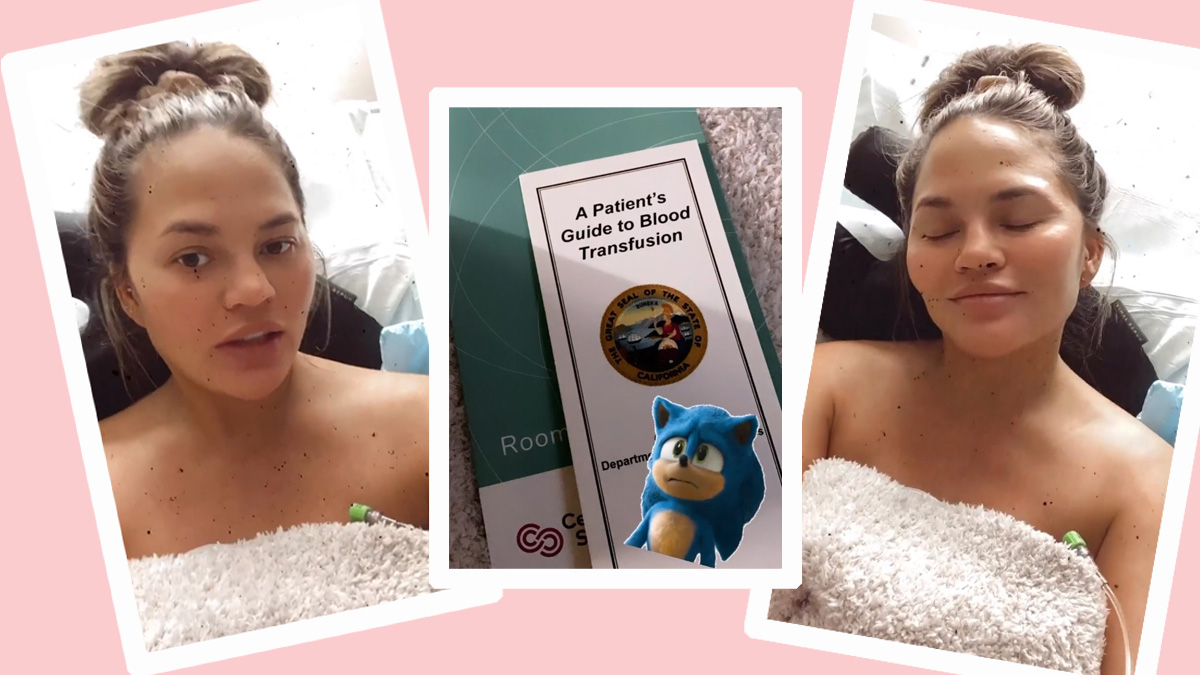#How ‘peer contagion’ may play into the rise of teen girls transitioning
“#How ‘peer contagion’ may play into the rise of teen girls transitioning”
Between 2016 and 2017, the number of gender surgeries for natal females in the US quadrupled; in the UK, the rates of gender dysphoria for teenage girls are up 4,400 percent over the previous decade. An ailment that typically began in early childhood, and overwhelmingly afflicted males, suddenly has a new dominant demographic: teenage girls.
In 2016, Brown University public health researcher Lisa Littman was scrolling through social media when she noticed that a group of teen girls from her small town in Rhode Island — all from the same friend group — had come out as transgender.
Intrigued by the statistical unlikelihood, Littman began to study the phenomenon and, in 2018, published the results. She hypothesized that transgender identification had become one more peer contagion among adolescent females. Anxiety-ridden, middle-class girls who once engaged in cutting or anorexia were now wearing “binders” (breast-compressing undergarments), taking testosterone and undergoing voluntary double mastectomies
I have interviewed over four dozen families whose teen daughters became caught in this current. Their stories follow a pattern: A girl never expresses any discomfort with her biological sex until puberty, when anxiety and depression descend. The girl struggles to make friends. She immerses in social media and discovers transgender gurus. Or her school holds an assembly celebrating gender journeys, or hosts a Gay-Straight Alliance club pushing gender ideology. At first, she tries out a new name and pronouns. Her school encourages her, keeping all this a secret from her parents. Then, she wants more.
So many women were once “tomboys,” as I was — inhabiting femininity itchily, like the floral dress your mother made you wear. But “tomboy” doesn’t exist anymore, as any teenage girl will tell you. In its place is an endless litany of gender categories, from “agender” to “non-binary,” “gender fluid” to “trans.” Imperfectly feminine girls are encouraged to consider their options.
As author J.K. Rowling recently wrote in a blog post that caused an uproar (but had many women nodding their heads): “If I’d found community and sympathy online that I couldn’t find in my immediate environment [as a teen], I believe I could have been persuaded to turn myself into the son my father had openly said he’d have preferred.”
I’ve spent the last year meeting transgender adults, trans-identifying teens and their parents, as well as experts in gender dysphoria, gender therapists, public school teachers, gender surgeons, endocrinologists and detransitioners — young women who medically transitioned to the opposite sex, only to regret it.
While studies of detransitioners are only now being done, and numbers are hard to obtain, the “detrans” group on Reddit has nearly 13,000 members.
One detransitioner, Desmond, said her use of testosterone brought on severe uterine pain and necessitated a hysterectomy. “No one really helped me at that point,” she said. “They were so easy to the pushing of hormones, of putting the thought of surgery in my head, of ‘Yes, this will make you happier, this will make your life easier, this will get rid of your depression, this will help you become your true self’ rather than treating it as a way of escaping myself before really coming to terms and finding my true self again.”
Our culture has both made womanhood less appealing and also greased the skids toward social and medical transition for confused teens in genuine pain. Public schools peddle gender ideology with a fervor that would make a preacher blush. Transgender social-media gurus tout the euphoria testosterone produces, and Planned Parenthood is one of the largest suppliers of testosterone — and they do apprise of the risks, but on an “informed consent” basis. (Meaning, no therapist note is required and you leave the clinic with a very serious drug based essentially on the patient’s self-diagnosis.) Hundreds of plastic surgeons are happy to offer medically unnecessary double-mastectomies to girls as young as 16 without so much as a therapist’s note.
Teens today spend far less time in person with friends than any previous generation. Most of their social life occurs online, where feelings of inadequacy run wild and the challenge of making and keeping “friends” never lets up. One of the surest ways to win friends and followers is by declaring a glamorous new gender identity, and so they do. Anything to feel lonely no more.
But for many of these girls, the new identity provides no cure. The distress that catalyzed their gender journeys remains. There is no hack for adolescence. We push and scream through its blinding confusion because there is no choice but to grow up.
Abigail Shrier is the author of “Irreversible Damage: The Transgender Craze Seducing Our Daughters” (Regnery), out Tuesday.
If you want to read more Opinion News articles, you can visit our General category.
if you want to watch Movies or Tv Shows go to Dizi.BuradaBiliyorum.Com for forums sites go to Forum.BuradaBiliyorum.Com



